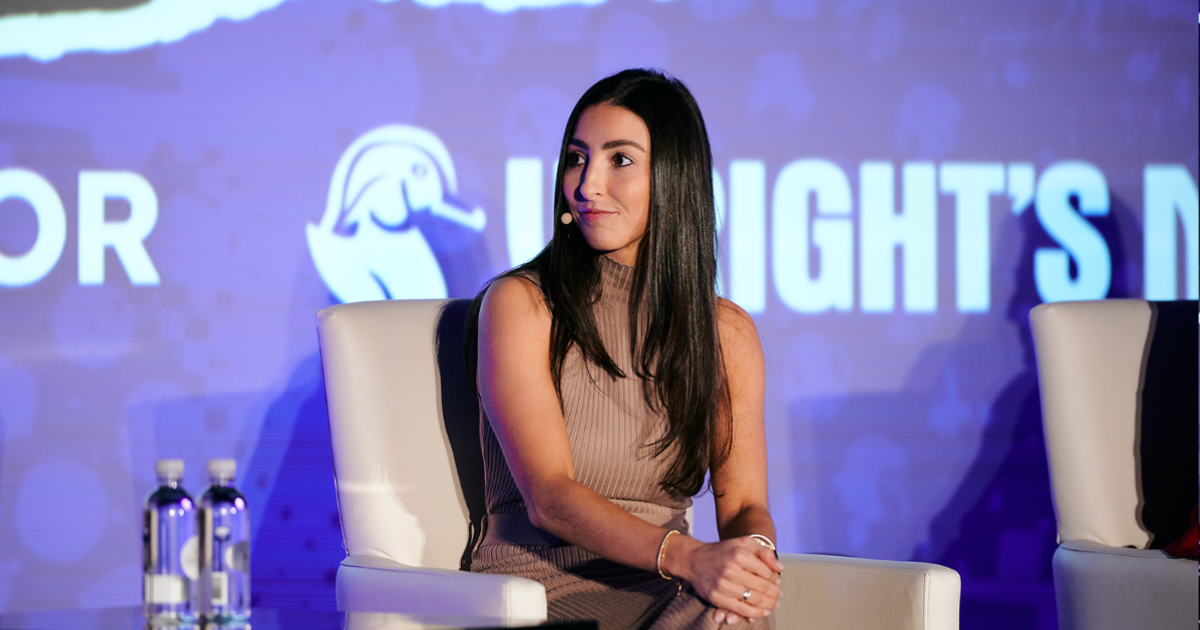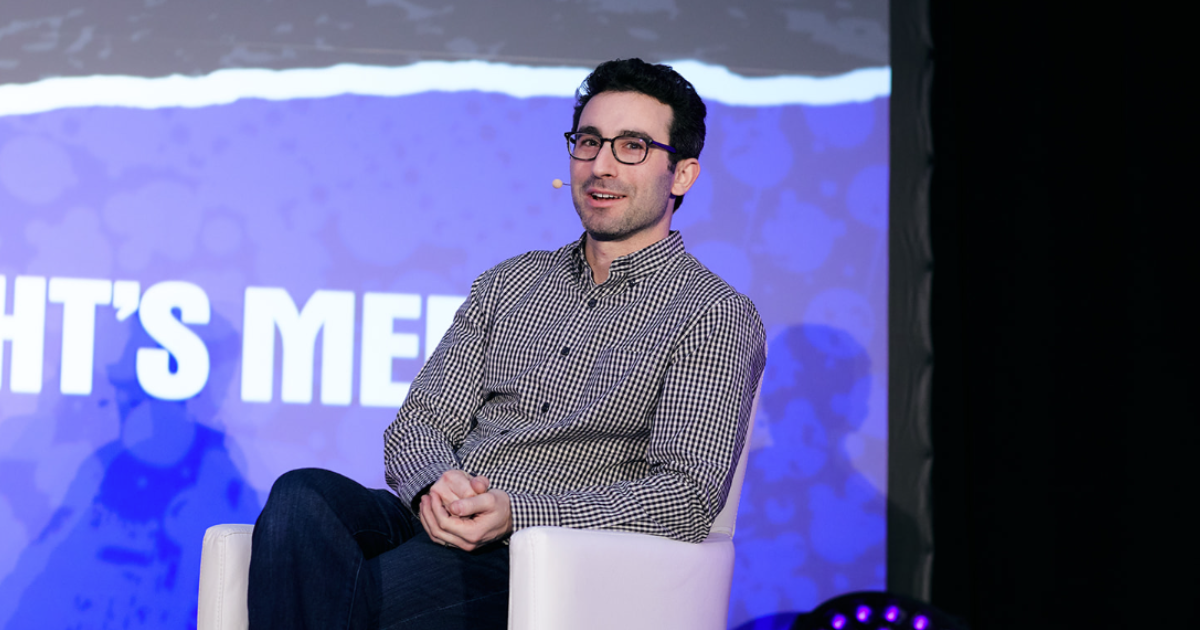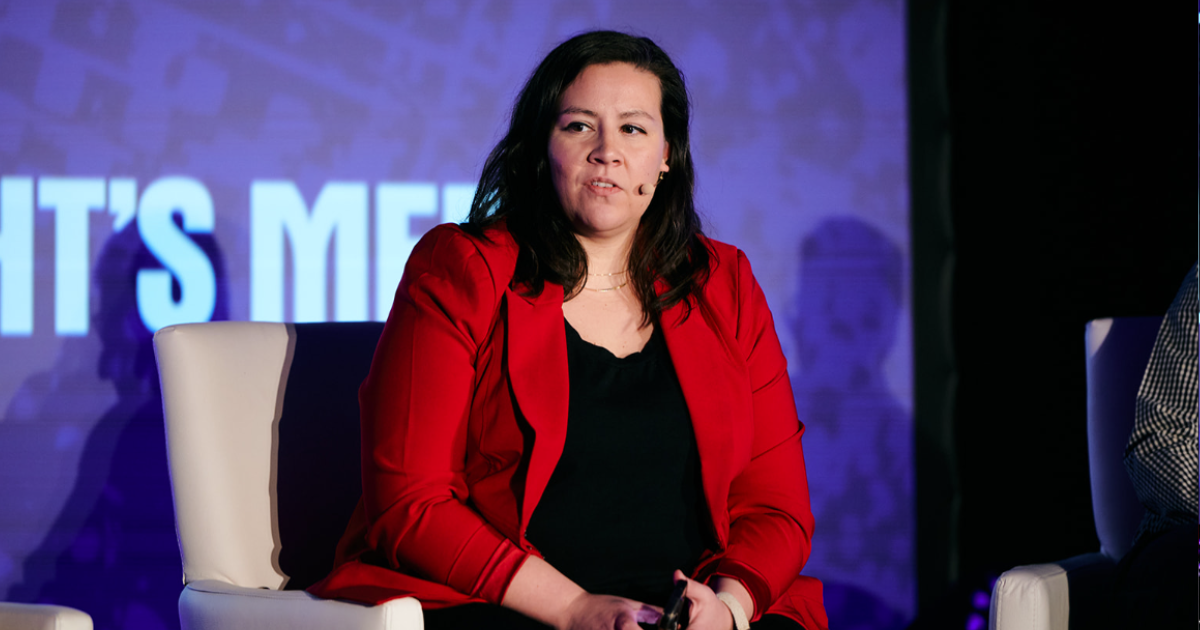Blogs
How Publishers Are Navigating New Tech and Innovation
)
Technology is advancing at a record pace, and publishers are working double-time to keep up with new developments and ensure they're getting the most value from internal and external tools. At Affiliate Summit West 2024, representatives from Rolling Stone, Ziff Davis, Hearst, and Blavity gathered to discuss their perspectives on growing a publishing business in a turbulent and exciting era.
Finding the Right Tech Solutions
Identifying and implementing tools can make an enormous difference in a publisher's success, but what those tools look like can differ significantly from one organization to the next. For isntance, the team at Ziff Davis has built rather than bought many of their systems. Their developers and engineers are responsible for creating internal tools that are customized to their needs.
As one of the largest mass media publishers in the world, Hearst also has the resources to meet a lot of their tech needs in-house. However, they still turn to external tools to gather, analyze, and distribute data. Hearst identifies these tools as especially useful:
-
BigQuery for data analytics
-
Looker for business intelligence and data exploration
-
Optimizely for A/B testing and personalization
At Blavity, the number one technology needed is improving workflow efficiency. They look for tools that help things flow faster, getting data into the hands of the teams that need it as quickly as possible.

Evaluating New Tech Partners
The number of potential tech partners grows every day, leaving publishers with the task of identifying the best options. When deciding who to trust with their technology needs, there are some universal requirements and expectations at play.
Beneficial Relationships
The first and foremost concern when establishing a new partnership is what the business has to gain. Whether the in-house team discovers a problem they need to solve or the potential partner approaches to pitch a new tool, the underlying question is how it will contribute to more effective, efficient, and profitable operations.
All the panel participants are looking for innovations that can increase revenue and keep costs down. If a partner presents them with a tool that will save time and money and provide value across the board, it's definitely worth consideration.
The issue of collaboration also comes into play for some companies. Blavity has a small product and engineering team, so they prioritize long-term, close partnerships driven by strong communication.
Right Time, Right Place
In some cases, the decision to work with a particular partner comes down to the expense and timing. For example, Ziff Davis is a publicly traded company that has to meet quarterly targets and budgets. When they come across a potential partner, they have to consider how that will affect previously planned initiatives.
Hearst is a private company, which gives them more flexibility when it comes to incorporating new tech. If a prospective partner pitches a solution that addresses a problem, they can immediately jump on it without sending it through multiple channels. Blavity, on the other hand, has to seek approval from many stakeholders.

Exploring Investment Opportunities
Investing money in the media affiliate industry is always a gamble, with companies looking for options with the biggest returns and lowest risk. The panelists highlight a few different types of investments that they're giving top priority. One of the most crucial is diversifying social channels by adding more resources to social teams and building out their presence on various platforms.
They're also looking for ways create loyal rather than fly-by readers and take ownership over first-party data. One way to achieve that goal is using newsletters more effectively.
Finding Uses for AI
The pressing question for many in the publishing and affiliate marketing industries is whether or how much to rely on artificial intelligence (AI). While companies differ in their approach, the panelists generally agree AI can be a valuable tool—in certain contexts.
While AI is an excellent way to collect attribution insights and influence content, many publishers agree it's not ideal for creating it. Ziff Davis views user trust as their most valuable asset, and generating content with AI could put that trust at risk. For that reason, users won't find AI-generated articles on any of their sites.
Likewise, Hearst has a company policy against using AI for content generation, but that doesn't mean they can't explore its other applications. Specifically, they're examining how they can use this technology to optimize workflows.
Blavity is AI extensively for research purposes. With its ability to rapidly gather and parse information, the tools available to content creators are better than they've ever been.

Get More Great Insights
We’ve gone straight to the source! We sat down with top publishers like Vox, CNN, and Daily Beast to get the inside scoop on the biggest challenges in Content and Commerce today.
Want to know what’s on the minds of these industry giants? Download our FREE Content & Commerce Report NOW to uncover expert insights on the hottest issues of 2024. Our report dives into the impact of Google algorithm changes on content publishing, the right way to use AI for quality content creation, how to produce content that’s both high-quality and commercially viable, and proven strategies to diversify traffic sources and safeguard your business.
Don’t miss out on this exclusive knowledge—grab your free report now and stay ahead of the curve!



)
)
)
